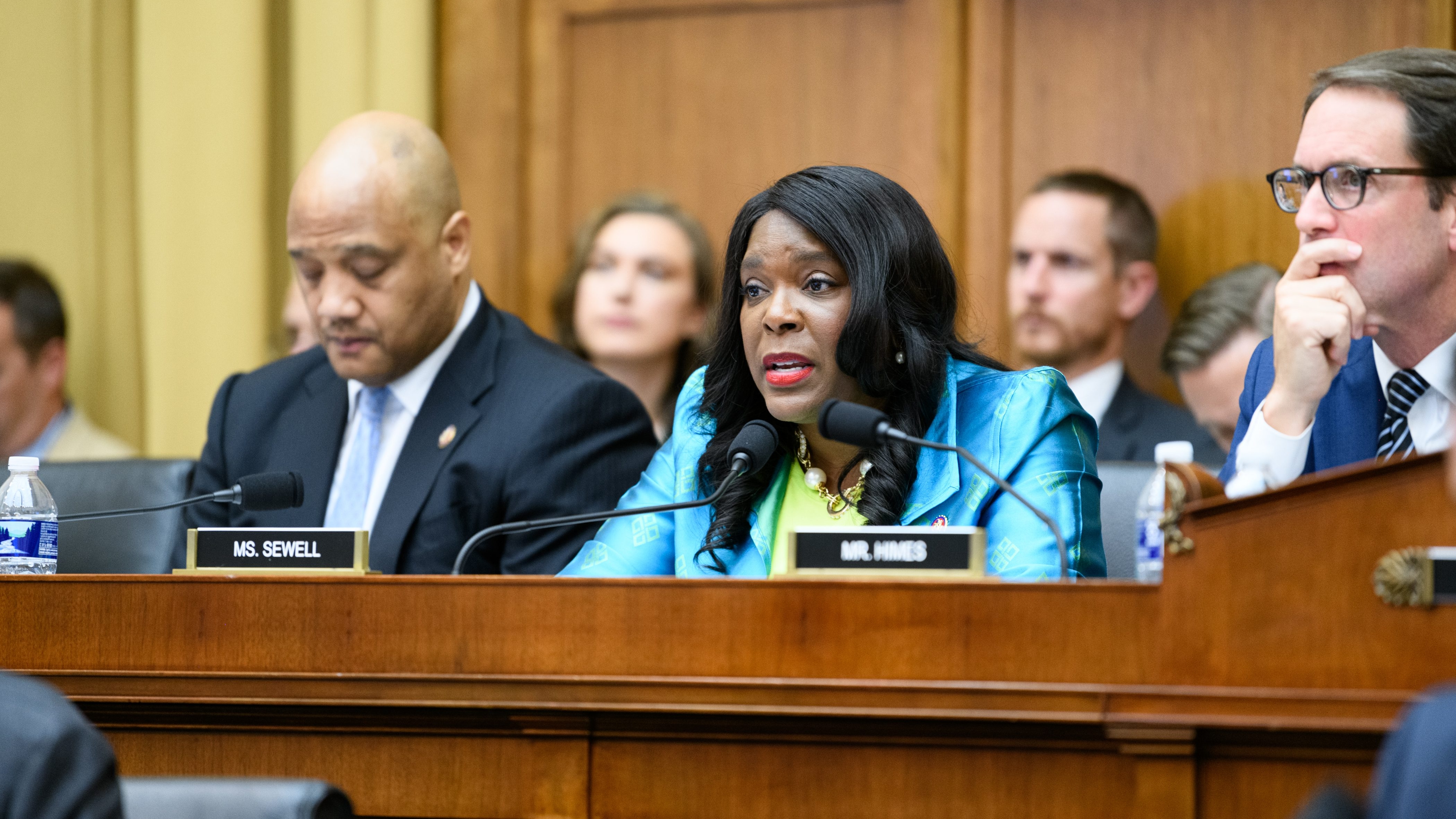Congresswoman Terri Sewell, D-Alabama, voted Wednesday to pass the Juneteenth National Independence Day Act, which would make Juneteenth a federal holiday.
Observed on June 19, Juneteenth celebrates the end of slavery in the United States and commemorates the day that the news of its abolition reached slaves in Galveston, Texas, in 1965. It is also known as Emancipation Day, Jubilee Day, Black Independence Day and Juneteenth Independence Day. The bill passed unanimously in the U.S. Senate on Tuesday and the House on Wednesday. It will now go to President Joe Biden’s desk to be signed into law.
“Juneteenth is, above all, a celebration of Black freedom,” Sewell said. “It is long past time for the federal government to recognize Juneteenth as a federal holiday. I was so proud to be an original cosponsor of this legislation and even prouder to cast my vote for it today.”
“Black Americans have continued to face systemic racism since we were recognized as full citizens more than 100 years ago,” Sewell said. “While this is a significant and symbolic step, we must fully grapple with the injustices of our country’s history, including the continued assault on Black Americans’ right to vote, before achieving true justice. Now is a time to recommit ourselves to that critical work and see to it that our Nation lives up to its promise of liberty and justice for all.”
Forty-seven states and the District of Columbia have already passed legislation establishing Juneteenth as a holiday or observance.
Slavery was abolished by the ratification of the 13th amendment in 1865, at the close of the Civil War. President Abraham Lincoln had already issued the Emancipation Proclamation, freeing slaves in the states that has seceded.
The Union’s Anaconda Strategy, by General Winfield Scott, had imposed a naval blockade on the Confederate States and cut the west off through taking control of the Mississippi River. This was accomplished in 1863 when the Union took Vicksburg, Mississippi after a lengthy seige.
Union forces could then concentrate their efforts on the trapped remaining Confederate armies in the east. One side effect of this is that the flow of news and information to the western Confederate states was restricted.
The Confederate government of Texas obviously did not announce to slaves that the Union had freed them. Following General Robert E. Lee’s surrender at Appomattox Court House on April 9, 1865 and General Joseph Johnston’s surrender on April 26 (celebrated annually in Alabama as Confederate Memorial Day), the Union turned its attention to the remaining Confederates in Texas.
Confederate General Edmund Kirby Smith, commander of the Confederate Trans-Mississippi division, did not agree to surrender his army until May 26, 1865 when his second in command agreed to terms in negotiations in New Orleans.
Smith’s army in Galveston did not actually lay down their arms until June 2. Kirby Smith, himself fled the country to Mexico and then Cuba. He returned to Virginia in November 1865 to sign an amnesty oath. The Union then had to transport an army to Texas to occupy the state. It was only on June 19, 1865, that most Texas slaves learn that they had been freed.
Sewell is in her sixth term representing Alabama’s 7th Congressional District.















































